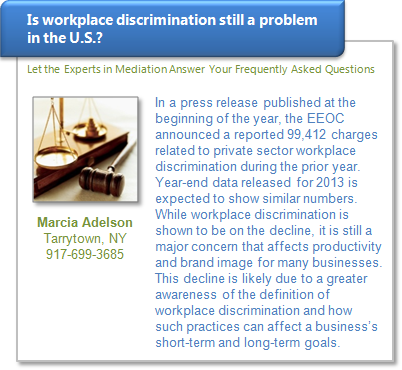When a family has trust and estate-related grievances, relationships suffer. It is one of the harsh facts that trust and estate attorneys can attest to, and one of the reasons why trusts and estates mediation has become the best way to settle disputes while maintaining familial relationships in the process. If the disagreement can be settled amicably without the bitterness and expense that usually comes with the process of litigation, it just makes sense for families to take the easier route of mediation.
As divorces, remarriages and the blended families that result from them become increasingly common in the United States, disputes related to trusts and estates have become more prevalent. This is particularly true if the last will and testament of the deceased contains vague wording or was not changed to reflect changes in the family structure that might occur later in life after the trusts or will were created. Neglect on the part of the deceased to consider changes that have occurred within the family structure could result in bitter family disputes that separate family members and divide the family.
However, trusts and estates mediation is a way to alleviate these disputes and settle them in a way that maintains the family unit’s cohesiveness, despite disagreement. The nature of mediation allows for the parties in dispute to communicate openly about their grievances and work out a solution that is mutually beneficial for everyone involved. In essence, trusts and estate mediation is a process that maintains family cohesiveness and respect because it works to resolve the matter in a respectful, rational way.
In the midst of a dispute relating to the estate of someone who is deceased, a family needs a legal process that encourages mending broken relationships rather than further severing them. Trusts and estates mediation is exactly that process.











